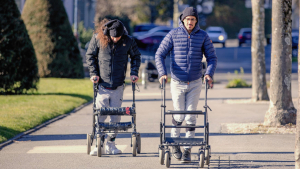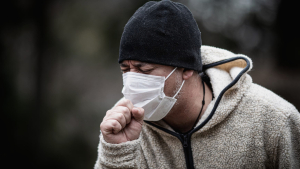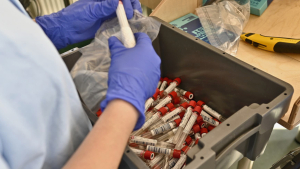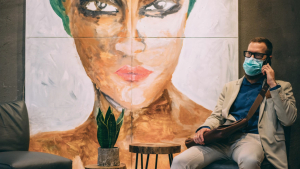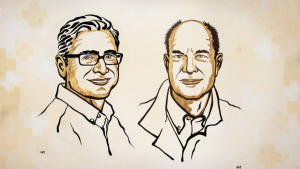A common feature of psychosis is paranoia, i.e. the belief that others want to harm you. British scientists have developed and tested a new program specifically to counter this delusion. The authors led by Daniel Freeman belong to a research group at the University of Oxford that investigates therapeutic approaches for psychosis. Treatment is based on the factors that most often maintain paranoia. These include low self-confidence, poor sleep, and excessive "safety measures." Together with the therapist, patients choose which of these problems they want to work on as a priority.
As part of the study, 64 people with paranoia completed the "Feeling Safe" program. Just as many received follow-up treatment. The therapists talked to them casually about all sorts of things, but did not use any special therapy techniques.
After about 20 sessions, 50 percent of the patients had recovered through "Feeling Safe" – some of them still had delusional thoughts, but no longer considered them particularly plausible themselves. In the control group, it was 35 percent. Well-being and other parameters also improved significantly in the course of therapy.
Cognitive behavioral therapy is currently considered a method of choice in the event of a persecution. However, their effect is not very specific; According to studies, it often does not seem better than friendly conversations with a therapist. The team around Freeman considers the newly developed program to be more effective because it uses the well -known risk factors for psychoses.








